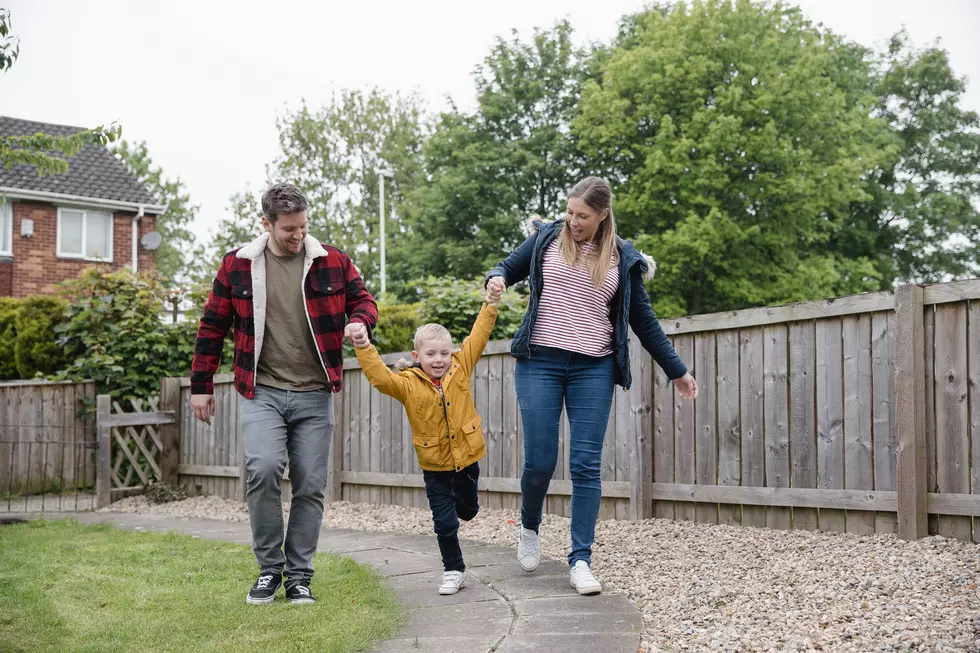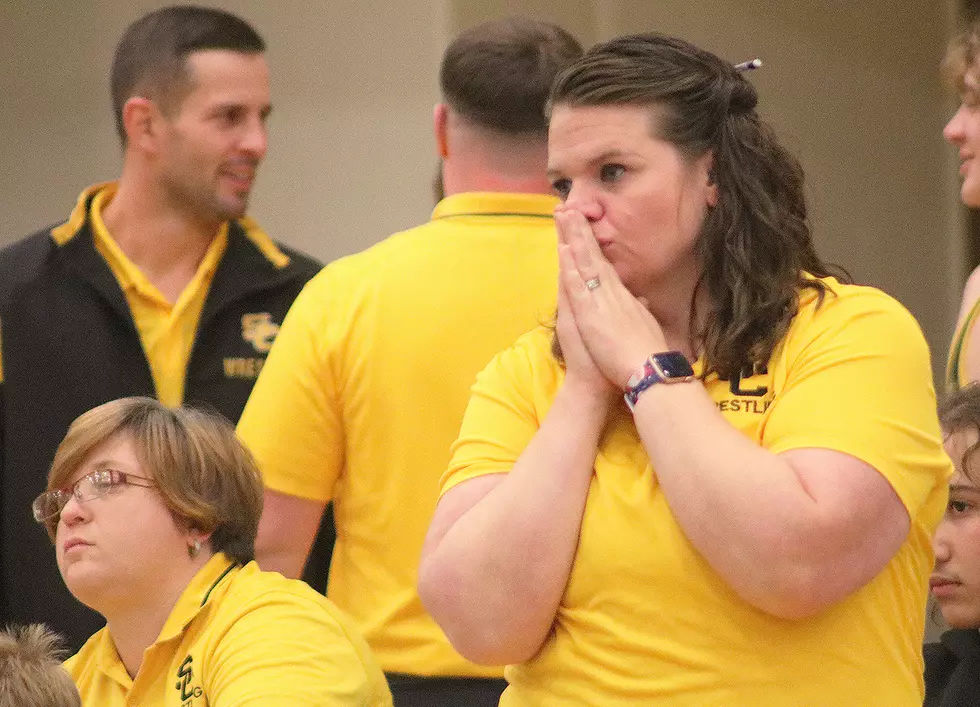
Central Bank of Sedalia Unsung Heroes
What are the advantages of buying a home instead of renting one?
A very important advantage is that the interest you pay on your home may be tax-deductible - that's huge. And the pride that comes with owning a home. Homeownership is a major milestone and a very important accomplishment. You'll also build equity when you buy a home. When you rent, you're not building equity, you're just paying someone's payment for them.
How does a first-time homebuyer know how much home they can afford?
As a first-time homebuyer, you should always come in and talk to a loan officer. This will allow us to talk through your options one-on-one, fill out an application, determine your income, and run a credit report to understand what other outstanding obligations exist. This will ensure you're looking in the right price range from the very beginning. If you go out and start looking for a home before knowing what actually makes sense in your budget, chances are you'll fall in love with a house outside of your price range. So, getting prequalified is the best way to understand how much home you can afford, start the process, and find out your qualified loan range.
What exactly does the one monthly mortgage payment cover?
The first two components of the mortgage payment are the principal and interest. So, you have the amount of interest every month that you're paying on the loan, and the amount of principal on the amortization of what you're paying back to the bank. It'll also include a payment of the escrow for real estate taxes, which is collected monthly and automatically paid out annually. Same goes for the homeowners' insurance - it's escrowed and collected monthly and paid out annually. If you need private mortgage insurance (PMI), it is an additional component of the payment. Private mortgage insurance is insurance you'll purchase until the loan amortizes to 80 percent of the home's value. Your PMI is protection for the bank, paid by you, the borrower, allowing for you to buy a home with less than 20 percent down.
As a first-time homebuyer, what are the different interest rate programs available to me, and is a 20% down payment always required?
There are several different programs available to eligible first-time homebuyers. If you're buying a home in a rural area, there is 100 percent financing through the USDA Rural Development program. US Federal Housing Administration (FHA) is another option if you want to buy with as little as a 3.5 percent down payment. Fannie Mae and Freddie Mac have a three percent down payment program. We offer numerous interest rates and loan options, and your loan officer will help you determine which one makes the most sense for you. So, a 20 percent down payment isn't always required like in the past. As mentioned, there are several programs across the board that are based on your individual purchase, so it's best to come in and talk with a loan officer to see which programs you are eligible for and what best fits your needs.
If you could give one piece of advice to a first-time homebuyer, what would it be?
Don't try to buy more than what you can afford; try to stay within what you are comfortable with, because even though you qualify for a certain amount, doesn't mean you should borrow the full amount. You might over-extend yourself without even realizing it. Be conscious of staying in a price range that makes sense for your lifestyle. Try to have a substantial emergency fund - water heaters go out, air conditioners break, roofs need repaired - things happen. We often see homebuyers purchase a home with no extra funds. They buy a house and have no reserves to fall back on, so if any problems arise, they don't have the funds to make repairs. It does take a lot of maintenance and responsibility to own a home.






